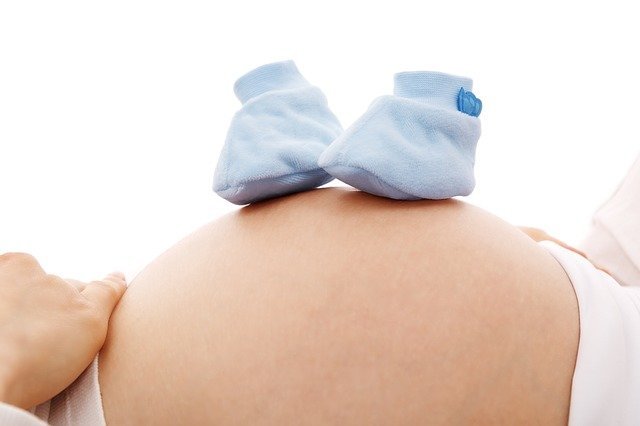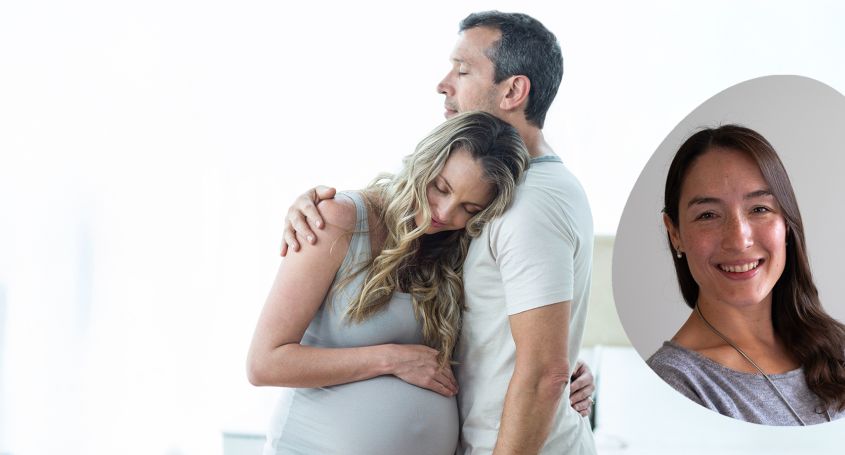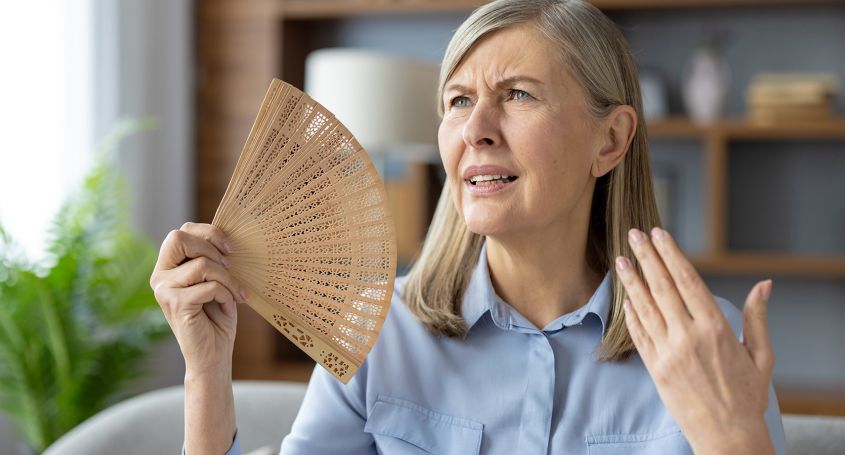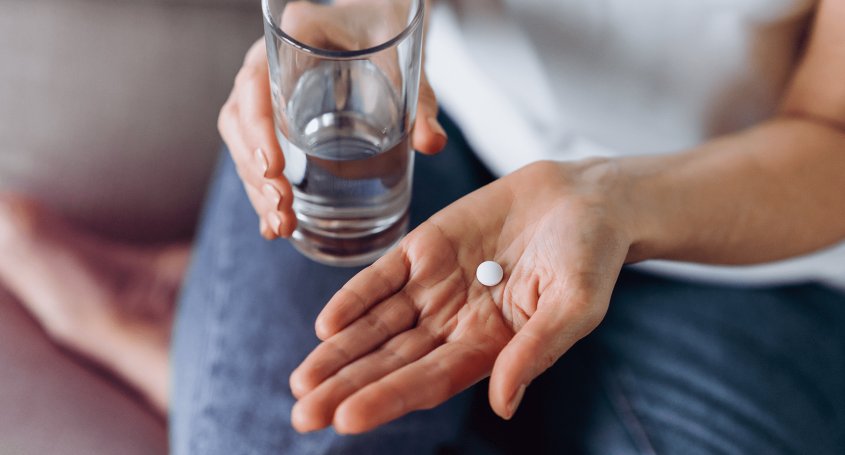
There are three determining factors that can affect the possibility of a woman to get pregnant. These are the following:
Age
This is the most important factor in order to determine if a patient has good chances of conceiving with her own
eggs. The younger a woman is the better quality her eggs will have. In fact this is the only parameter that is directly related to the possibility of having a child.
Spontaneous
pregnancy rates are stable until the age of 35. After that age the rate falls progressively. Even though it is impossible to state an age limit when it is not at all recommended to use the own eggs, it is usually considered that after 43 egg donation would be the suitable treatment if an spontaneous pregnancy cannot be achieved.
Get pregnant: Weight
Weight is important for several reasons. Low or high body mass index can affect the ovulation and therefore hinder the
pregnancy. There is evidence that patients with a body mass index over 30 have a higher risk of abortion and less success in assisted reproduction treatments. Besides in occasions this high index can be a sign of Polycystic Ovary Syndrome.
It is also obvious that the healthier a woman is when she gets pregnant, the less complications she will have during the gestation, so the rates of healthy live birth also increase. It is therefore important to try to keep a normal body mass index when a patient wants to get pregnant.
Previous pregnancies
It is generally consider that a woman that has already been pregnant has better chances of being successful in achieving a new
pregnancy. Nevertheless this is not the case if these pregnancies ended in a miscarriage.
It is a fact that the more miscarriages a woman has had the highest is the possibility that a new pregnancy ends again in a miscarriage. In these cases genetic causes must be tested, as well as hematological and immunological aspects in order to improve the outcome.
 There are three determining factors that can affect the possibility of a woman to get pregnant. These are the following:
There are three determining factors that can affect the possibility of a woman to get pregnant. These are the following:
 There are three determining factors that can affect the possibility of a woman to get pregnant. These are the following:
There are three determining factors that can affect the possibility of a woman to get pregnant. These are the following:

















